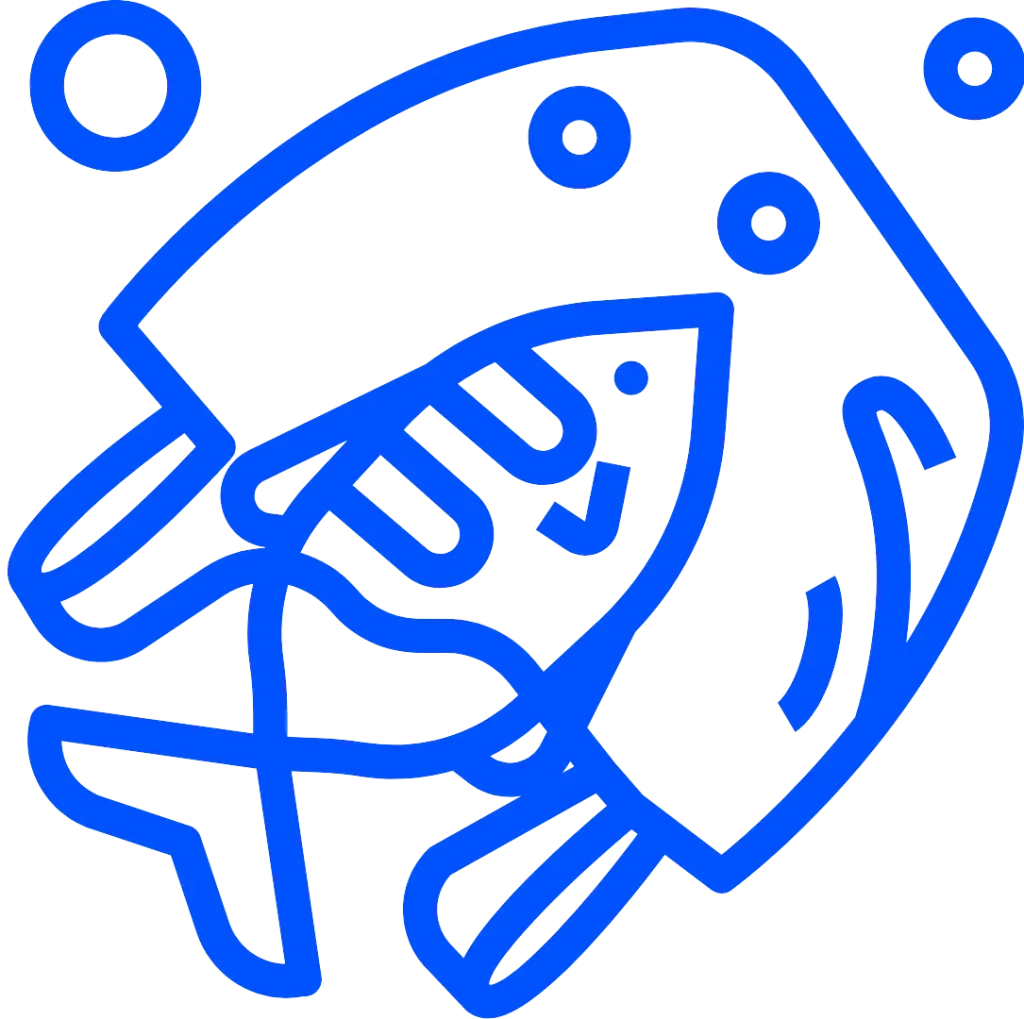TULIP
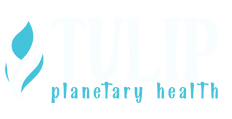

The antimicrobial resistance (AMR) pandemic, plastic pollution, and climate change are interconnected crises that pose significant threats to human and environmental health.
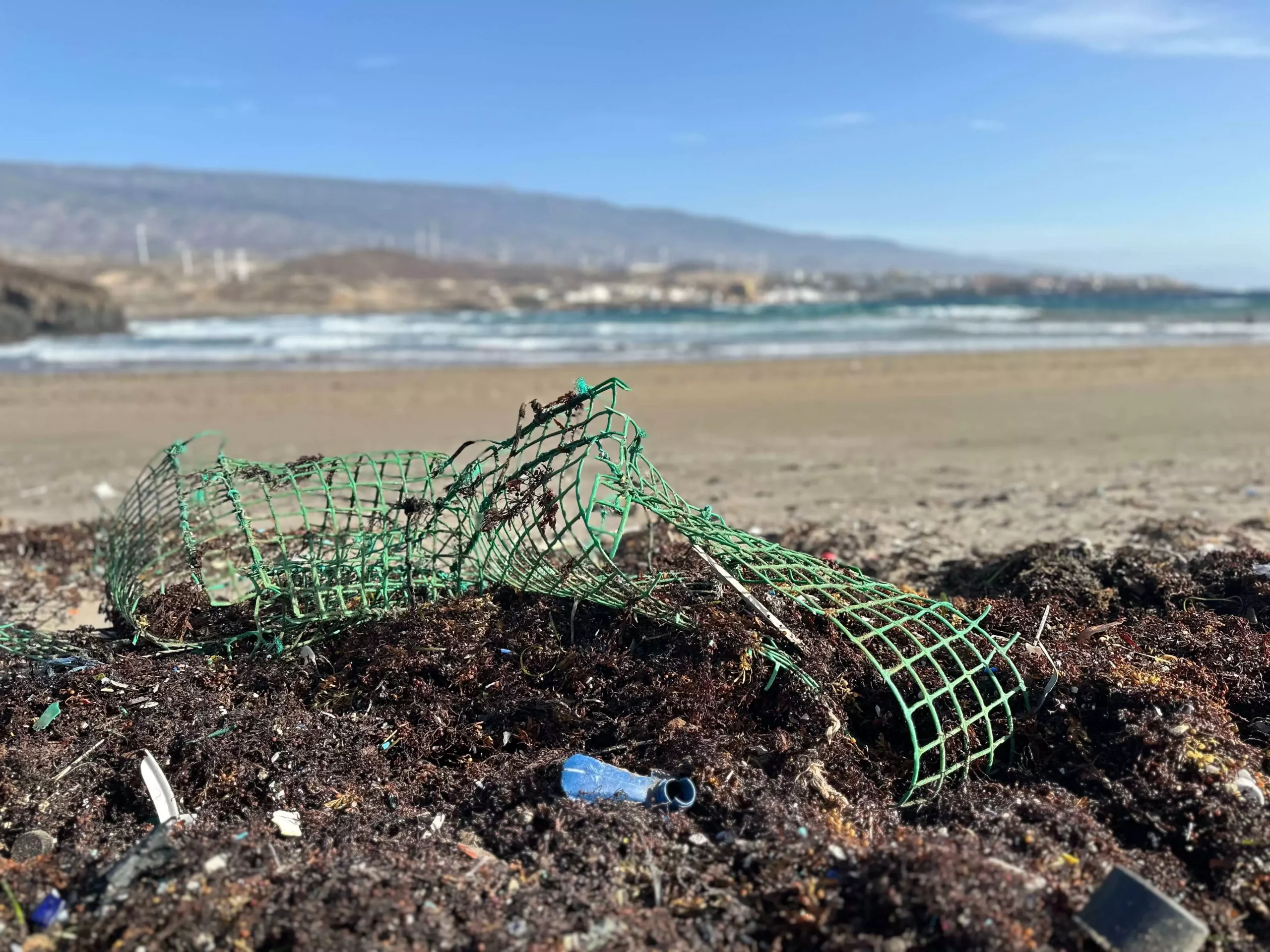
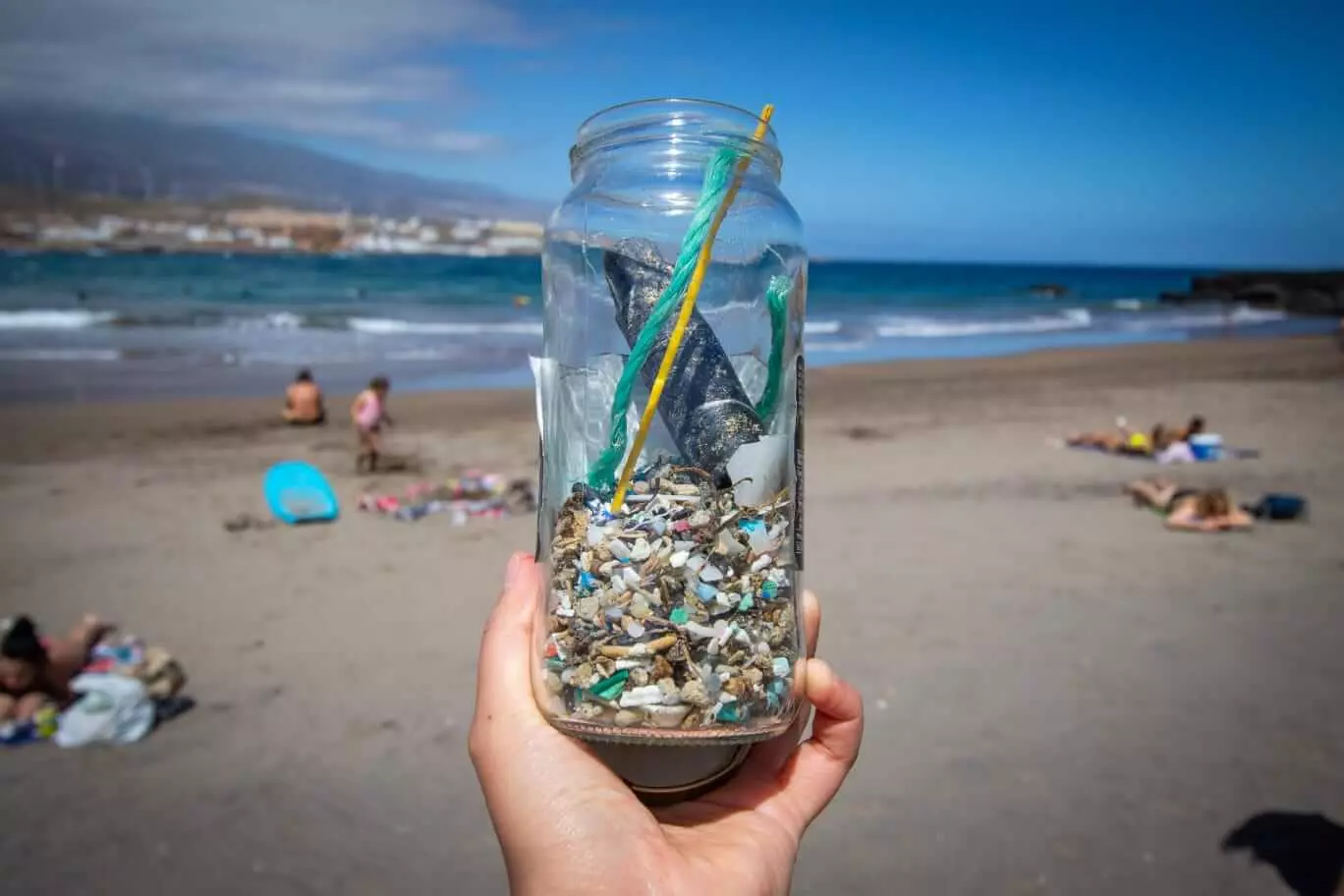
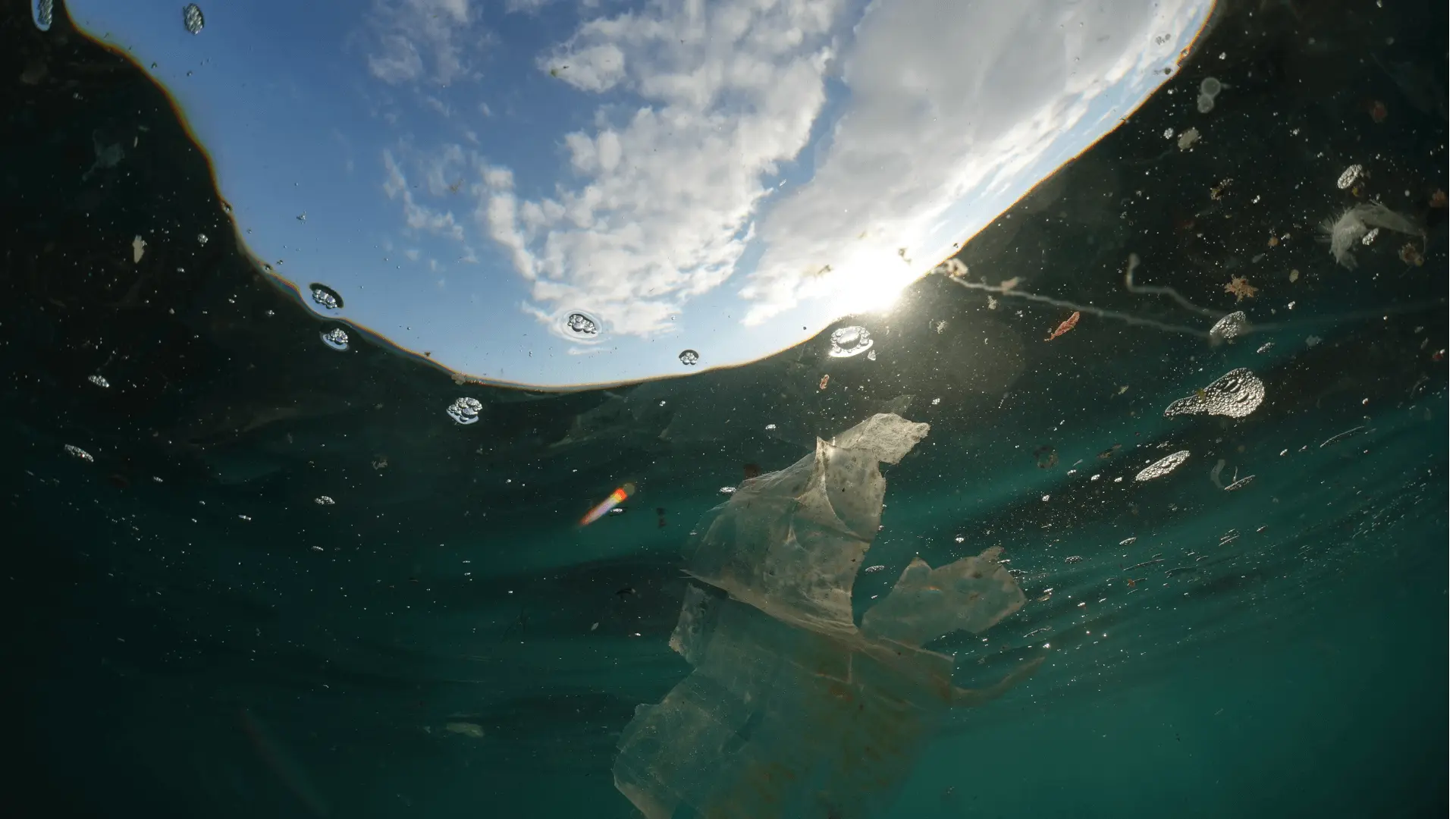
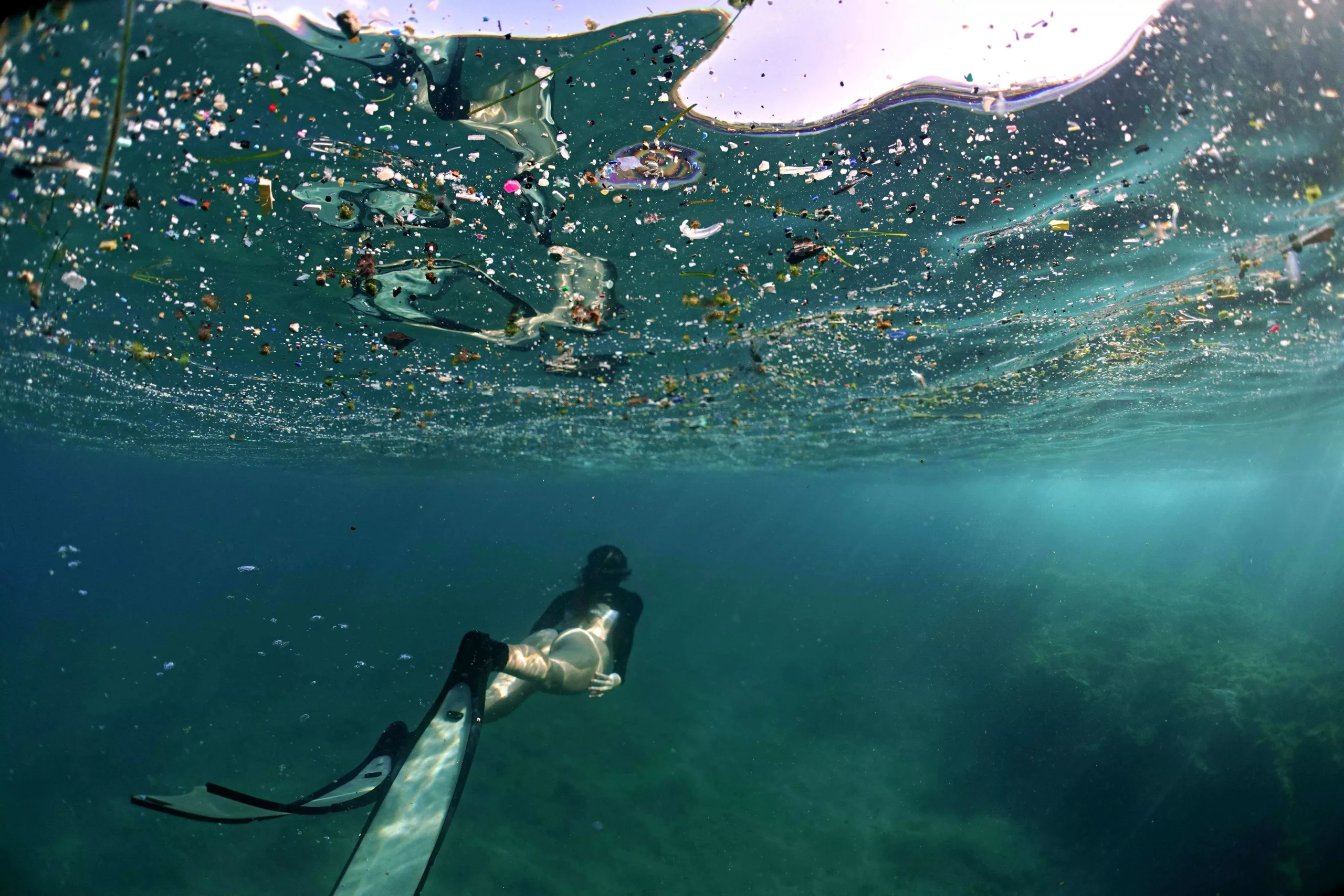
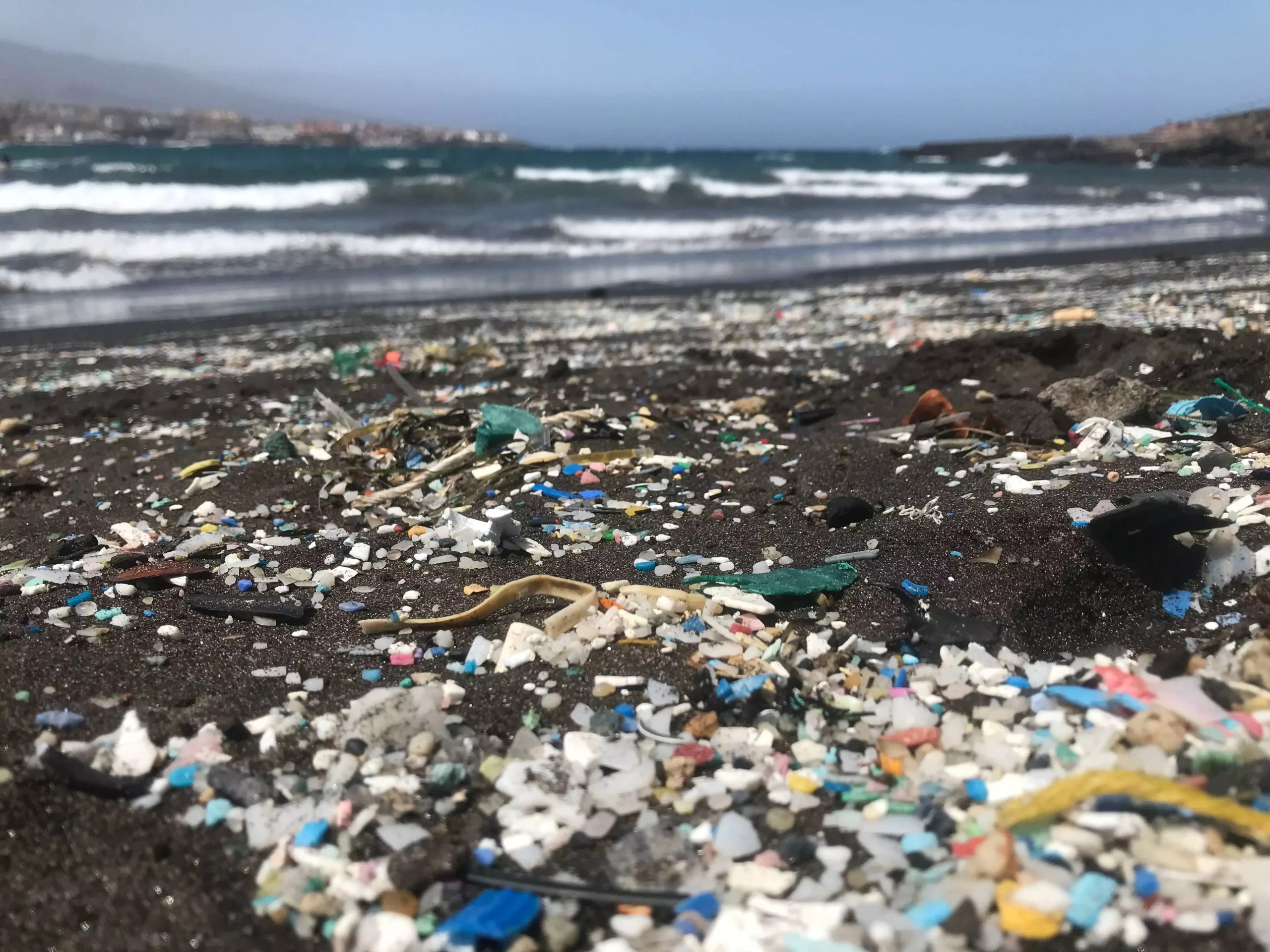
TULIP is an EU-funded research project that studies these intertwined challenges by exploring their interactions within aquatic environments. By generating scientific evidence, TULIP aims to develop tools that guide more effective policy decisions to safeguard Planetary Health.
The project actively involves local communities, stakeholders, citizen scientists, and policymakers in co-designing and implementing solutions that promote healthier environments. Initially focused on The Philippines and Italy, TULIP seeks to drive lasting change and expand its impact across Europe.
11 PARTNERS IN 7 COUNTRIES
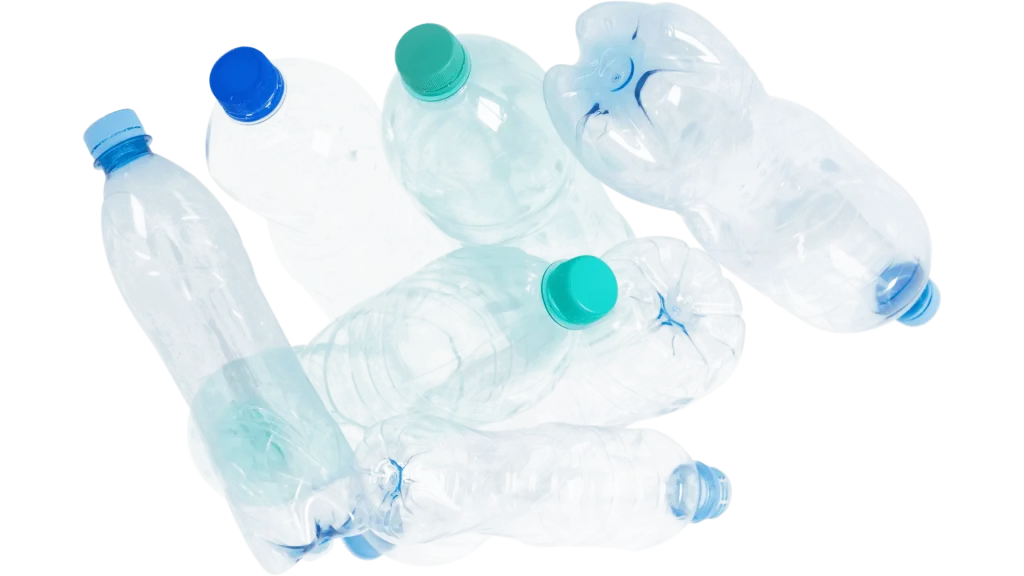
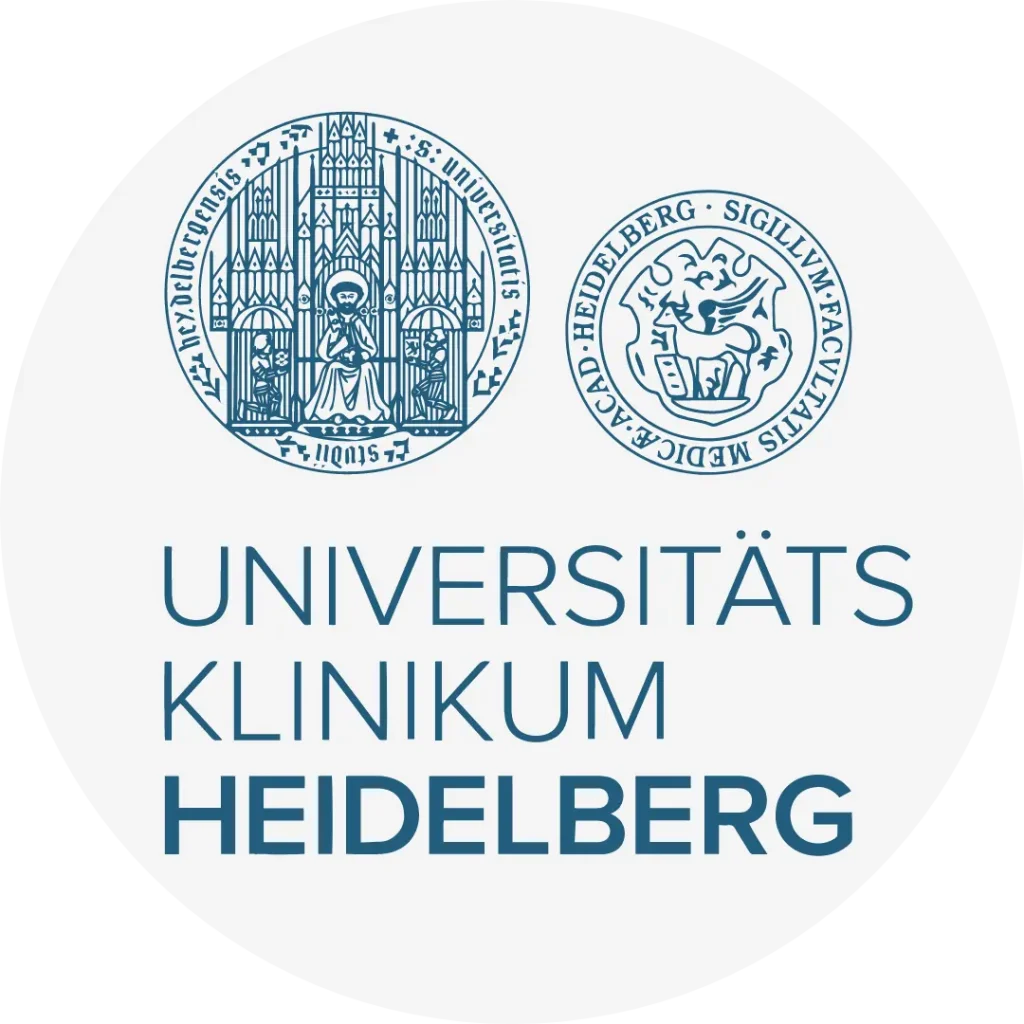
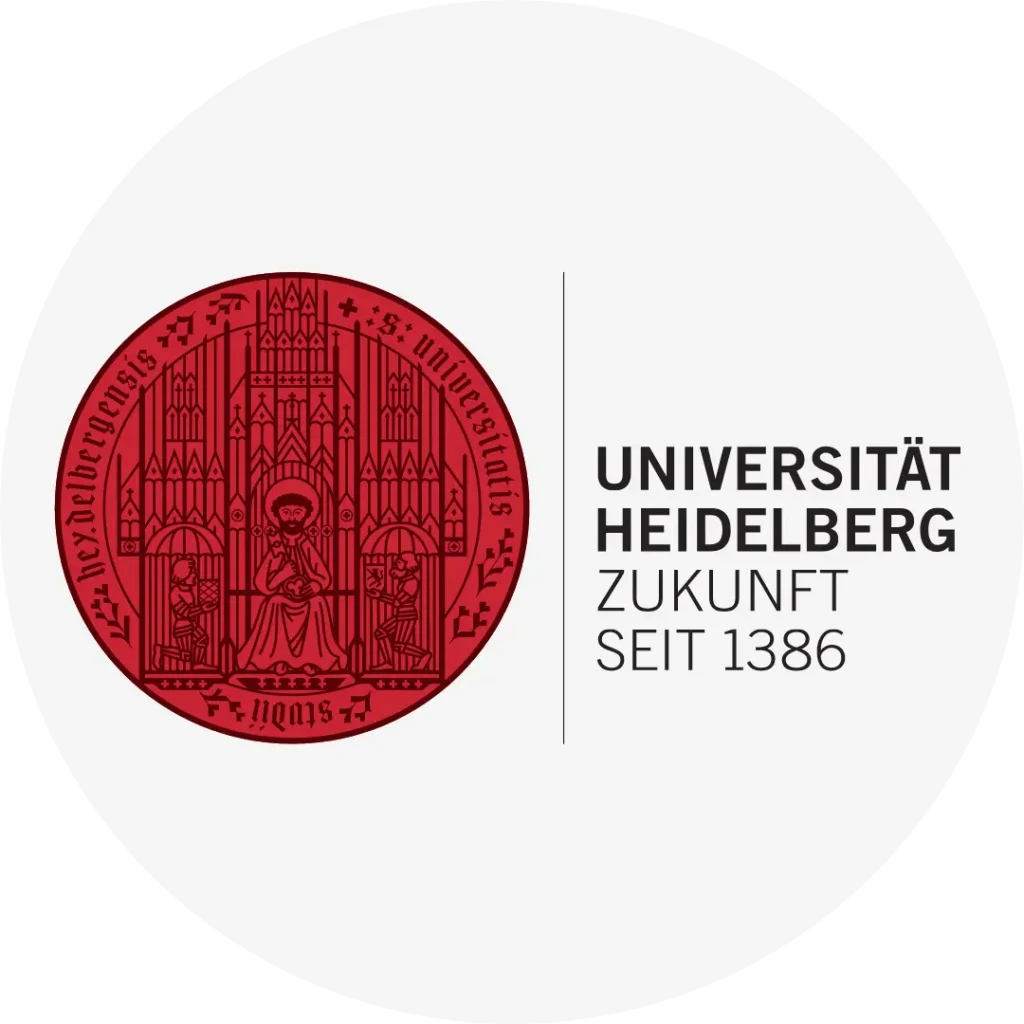
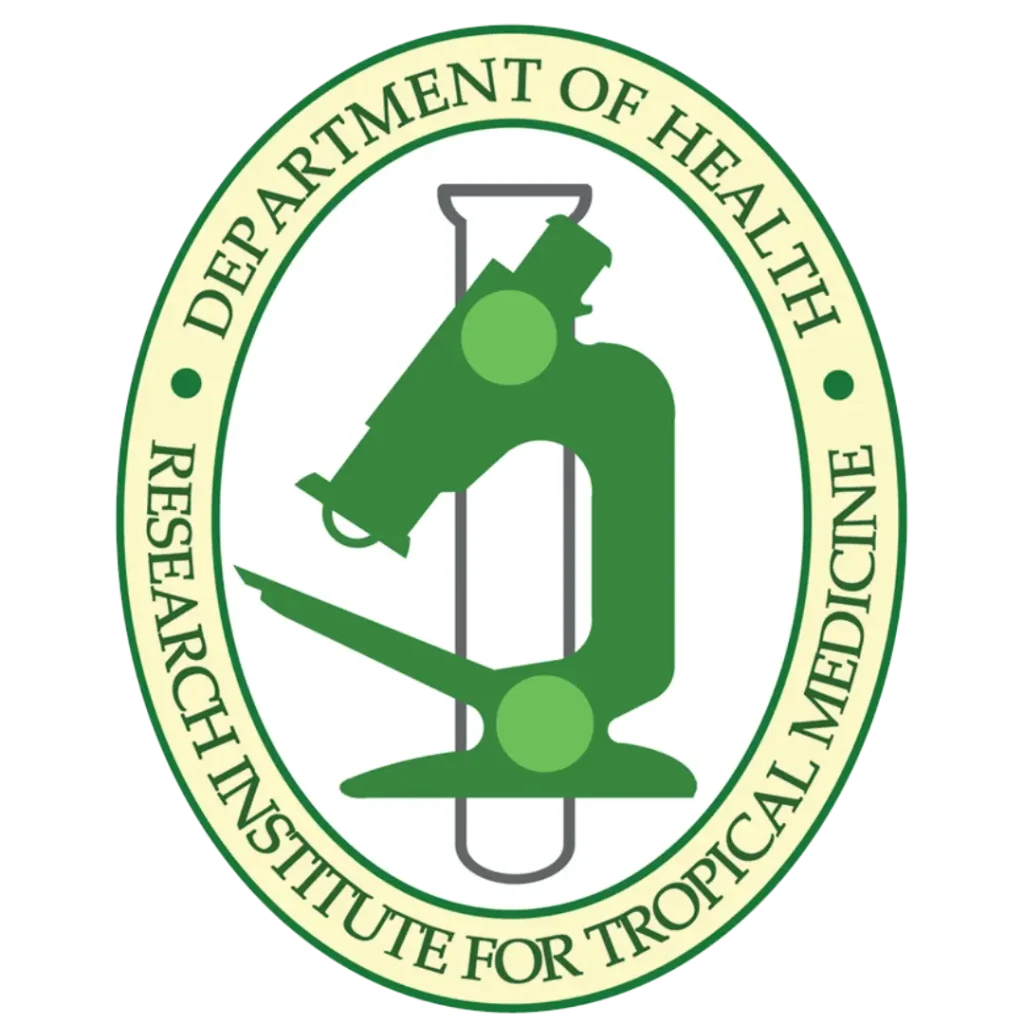


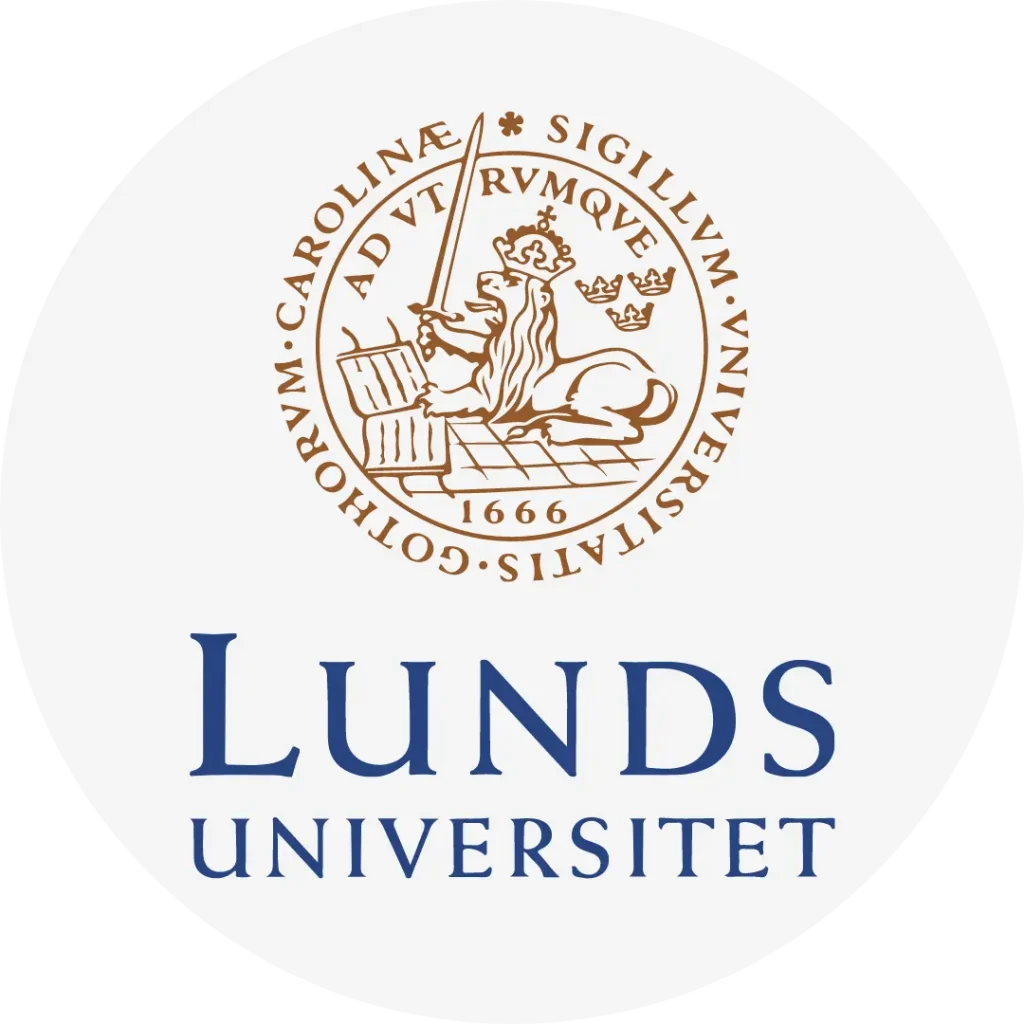
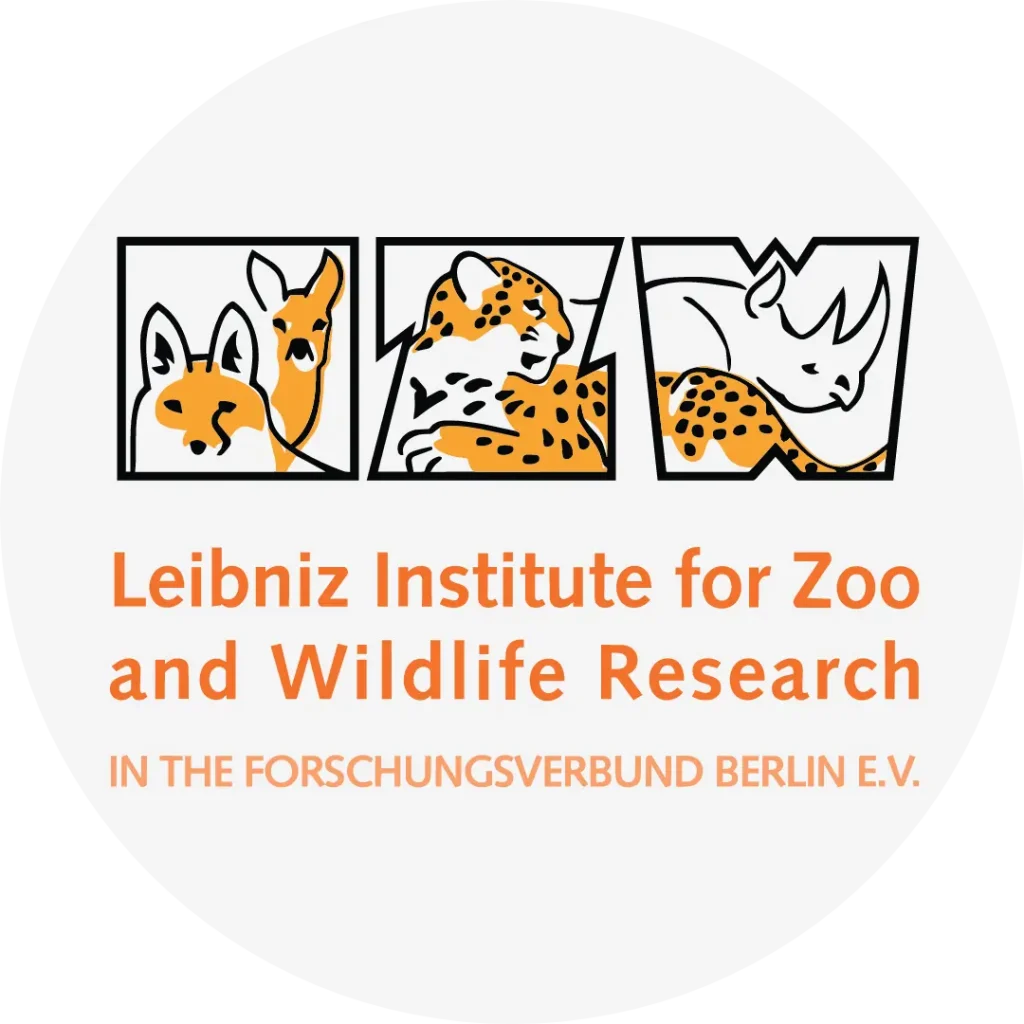

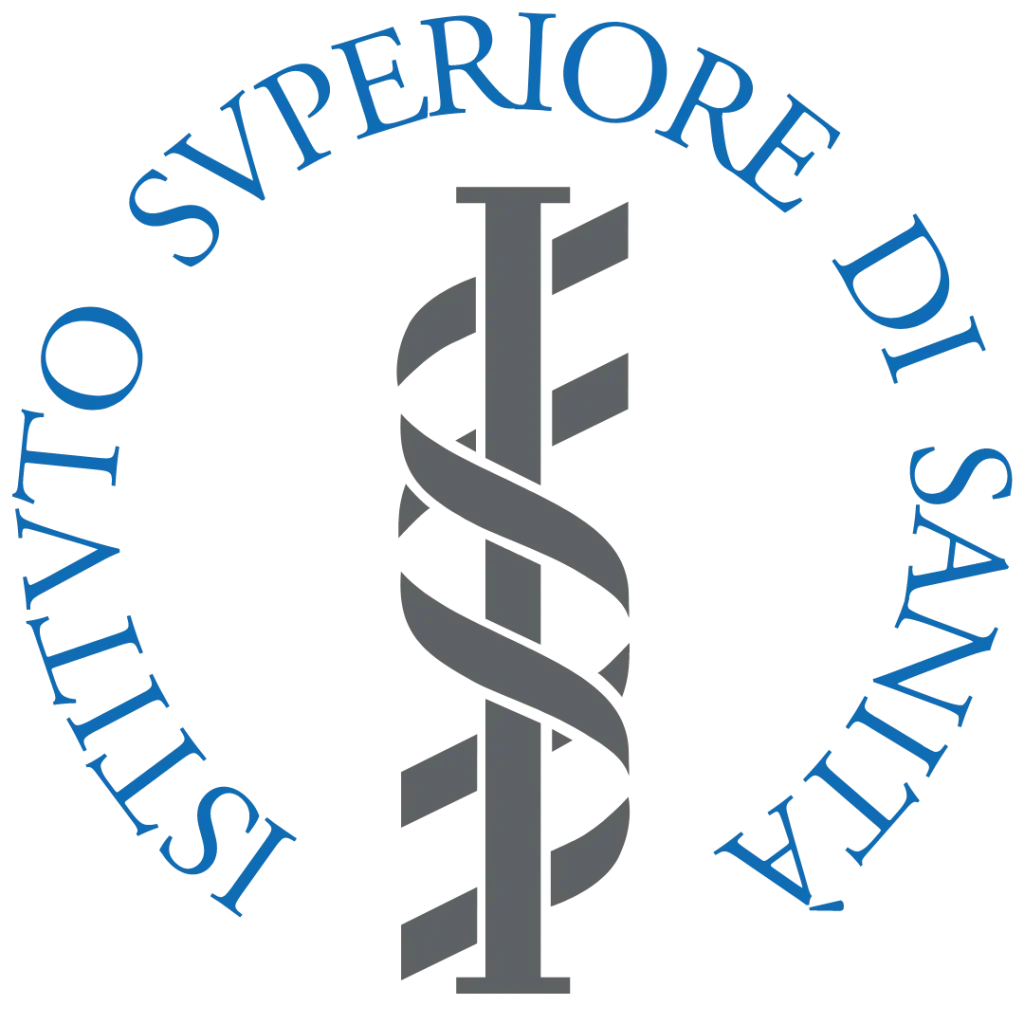



HORIZON-HLTH-2023-ENVHLTH-02 – Environment and health 101136659
DURATION
01.01.2024 - 30.06.2028
INNOCEANA´S ROLE

Citizen Science
Community-based participatory research program to monitor environmental pollution

Education
Workshops to promote healthy and sustainable practices and raise awareness about the risks associated with aquatic pollution
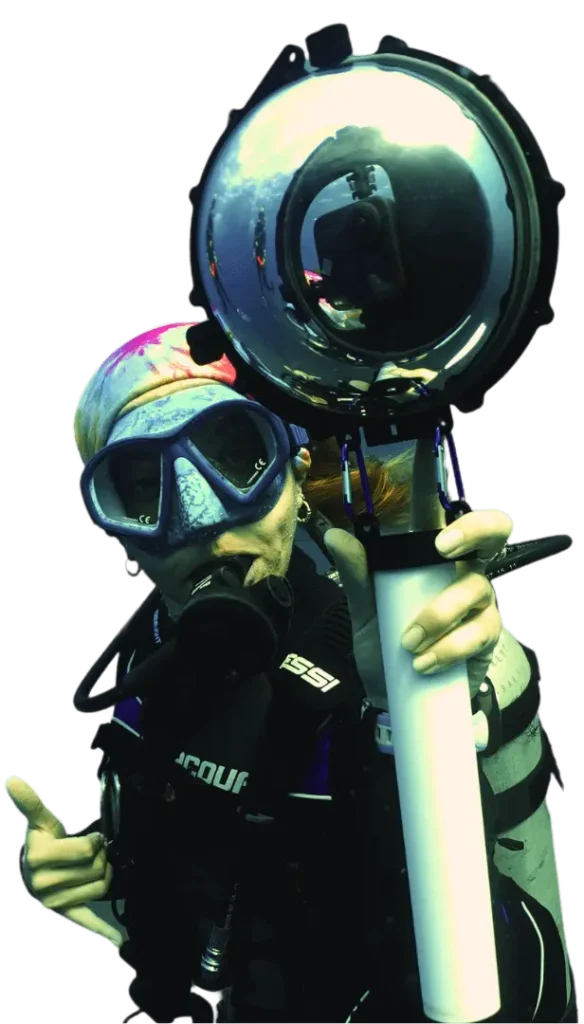
Content creation
Creation of videos, photos and 360° videos of the seabed and of the impact of pollution on the aquatic environments
Join us in this critical research endeavor and help secure a sustainable future for our planet’s marine treasures.

